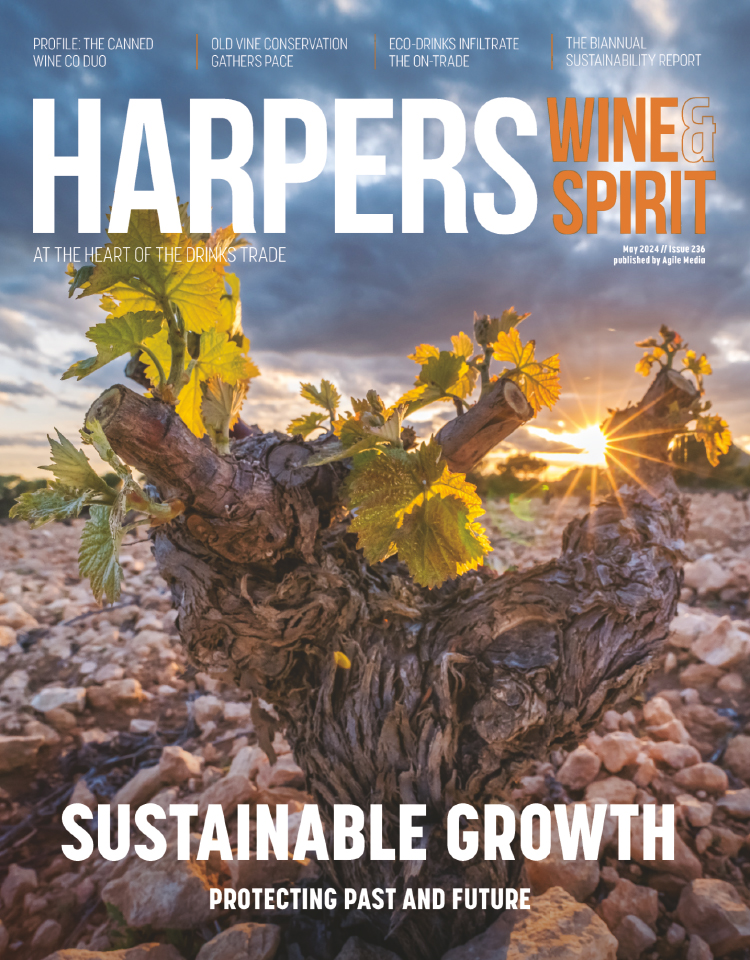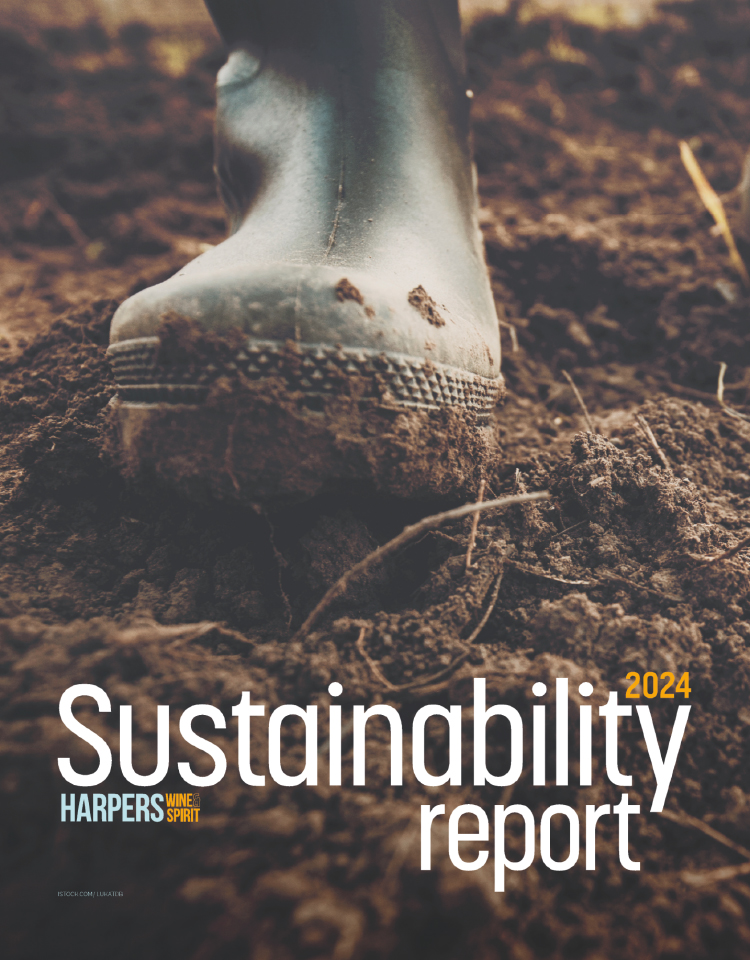
EU publishes new vine planting rules to boost EU flexibility
The EU Commission has published new vine planting rules aimed at giving the EU greater flexibility to increase wine production to meet global demand.
The rules, which come into effect from 1 January 2016, would replace the existing transitional planting rights regime and allow a limited annual expansion of the wine producing area in the EU.
The legislation confirms how the system of free, non-transferable planting authorisations will be introduced and managed. It also outlines rules on new plantings, which are limited to 1% growth of a member state's existing hectarage under vine. However Member States will be able to apply growth limites nationally or regionally.
The EU Commissioner for agriculture & rural development Phil Hogan said the gradually expand of production would enable the EU to meet global demand. "At the same stage, Member States have a range of safeguards to apply in order to address possible social and environmental risks in specific wine production areas," he added.
The changes come of the back of a report published in October last year that stated the EU was losing market share to wines from the New World, despite despite growth in the volume and value of EU exports to third countries since 2008 and a marked improvement in the trade balance. It claimed the market trend showed that the EU wine sector would be increasingly depending on exports from other wine producing areas in the future.

|
The move has been welcomed by the body representing European farmers and cooperatives, Copa and Cogeca, who said it was a step forward and recognized the need for a single regulatory framework for member states.
Thierry Coste, chairman of Copa-Cogeca Wine Working Party said the new legislation was in line with the conclusions of the High-Level Group on vine plantings. "The EU is the number 1 wine exporter in the world, worth €9bn in 2013. The new rules will enable the sector to continue to grow at the same time as recognizing the need to protect wines with Geographical indication against fraud and imitation."
He called for support programmes that have boosted marketing and exports, to continue beyond 2018. "An external study on the competitivity of the wine sector underlines that the support programmes in the Single Common Market Organisation (CMO), like promotional and restructuring measures, have strongly improved the performance of the sector," he said.

|





